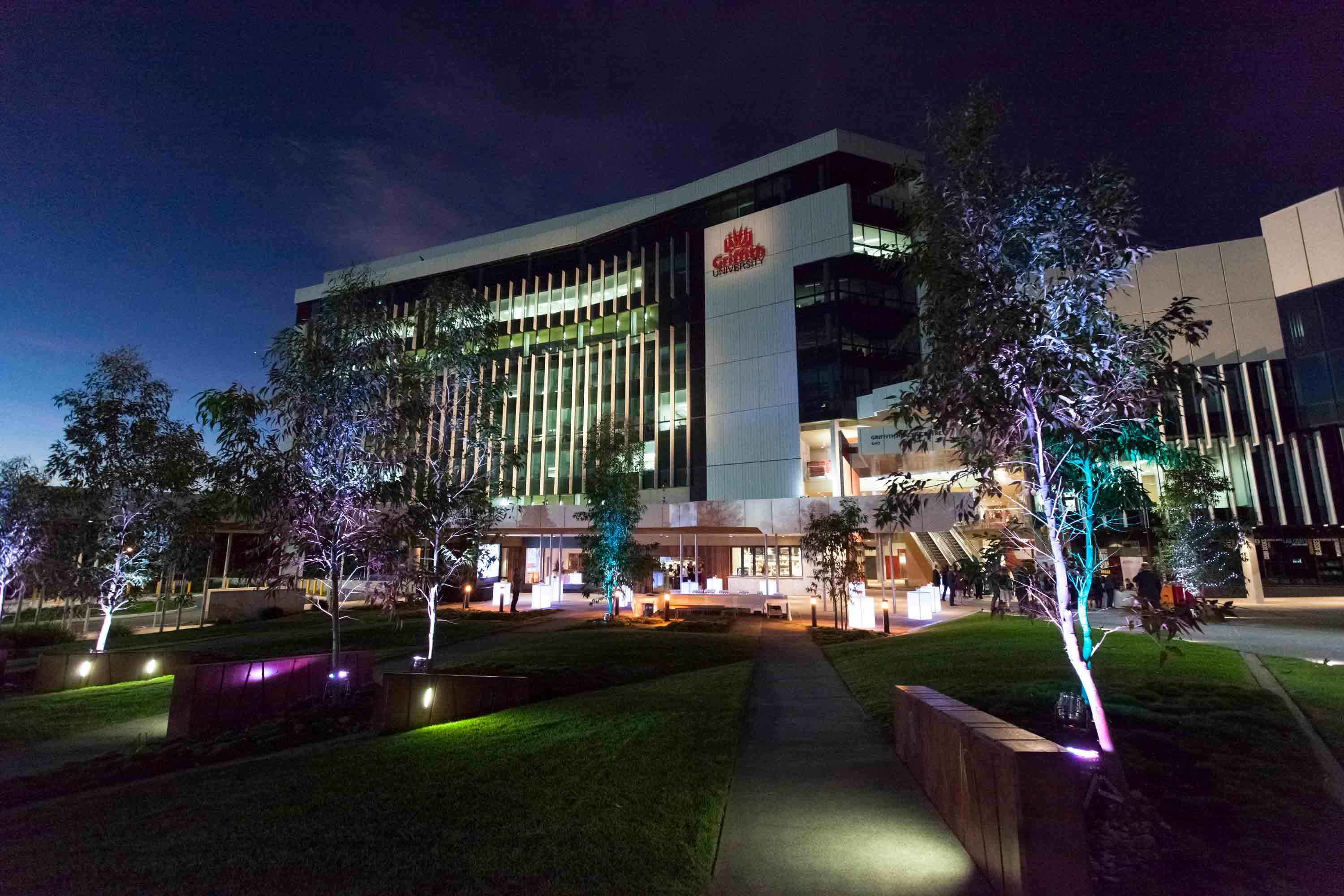
Principal speaker
Professor Gerald Thiel
Menzies Health Institute Queensland Program Seminar Series
National Centre for Neuroimmunology & Emerging Diseases (NCNED) - Hosts Professor Sonya Marshall-Gradisnik and Professor Donald Staines
Professor Gerald Thiel - Title: Intracellular signaling cascades associated with TRP channels - current state of investigations and potential applications
Abstract -
Transient receptor potential (TRP) channels are non-selective cation ion channels that are conserved during evolution and are expressed in many tissues and cell types. TRP channels are activated by a wide range of stimuli, including temperature, mechanical or osmotic stress, redox metabolites, naturally derived products such as dietary compounds or plant toxins, endogenous lipids, or synthetic ligands. The physiological ligands are often not yet known, or may not be entirely TRP channel-specific. Most TRP channels are permeable for Na+ and Ca2+, leading to the subsequent activation of voltage-dependent ion channels and protein kinases. The TRP channel-induced intracellular signal transduction pathways induce changes in the gene expression pattern of the cells by activating stimulus-responsive transcription factors and the expression of their delayed response genes. The proteins encoded by those delayed response genes may be responsible for the biochemical and physiological changes following TRP channel activation. TRP channels regulate sensory transduction pathways, including pain sensation, thermosensation, mechanosensation, and perception of pungent chemicals. Other biological functions include cardiovascular regulation, Ca2+ and glucose homeostasis, tumorigenesis, neurotransmission, cell proliferation and cell death. Accordingly, some TRP channels are being considered as promising therapeutic drug targets. Mutations detected in TRP-encoding genes are responsible for human diseases and are termed TRP channelopathies. The TRP channel-induced signaling pathways will be discussed as well as the roles of TRP channels in regulating pain sensation, insulin secretion, and tumorigenesis.
Biography -
Professor Gerald Thiel studied biology, chemistry and politics at the University of Göttingen, Germany. He carried out his graduate work at the Department of Clinical Biochemistry with Hans-Dieter Söling and gained 1987 his Ph.D. from the University of Göttingen. He did his postdoctoral training at The Rockefeller University, New York, with Paul Greengard (Nobel laureate 2000) and at the University of Texas Southwestern Medical Center, Dallas, with Thomas C. Südhof (Nobel laureate 2013). In 1991 he became Assistant Professor for Molecular and Cellular Neuroscience at The Rockefeller University, New York. In 1992, he was appointed Bayer International Investigator and Head of Lab at the Cologne Institute for Genetics. In 1995, he gained his habilitation in genetics from the University of Cologne. Since 1997, he has been Professor of Medical Biochemistry and Molecular Biology at the Medical Faculty of Saarland University, Germany.
RSVP -
RSVP deadline - 16 November 2018
Seminar Flyer -
Download the flyer for this seminar here